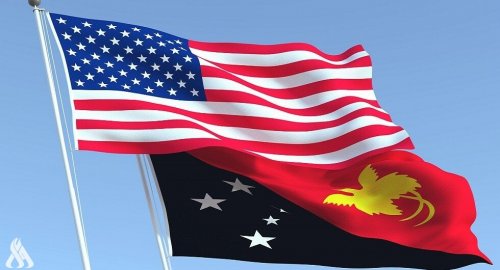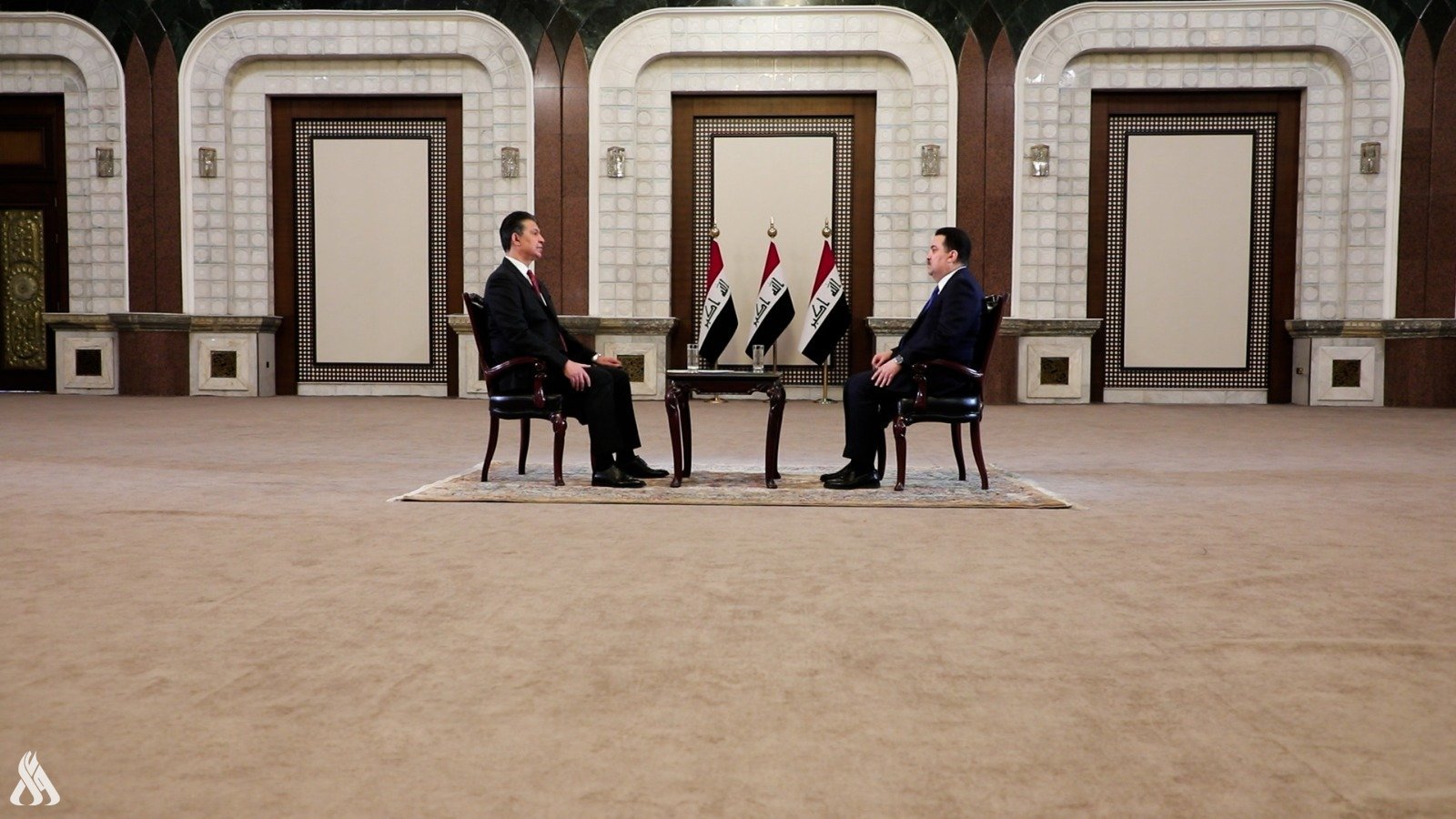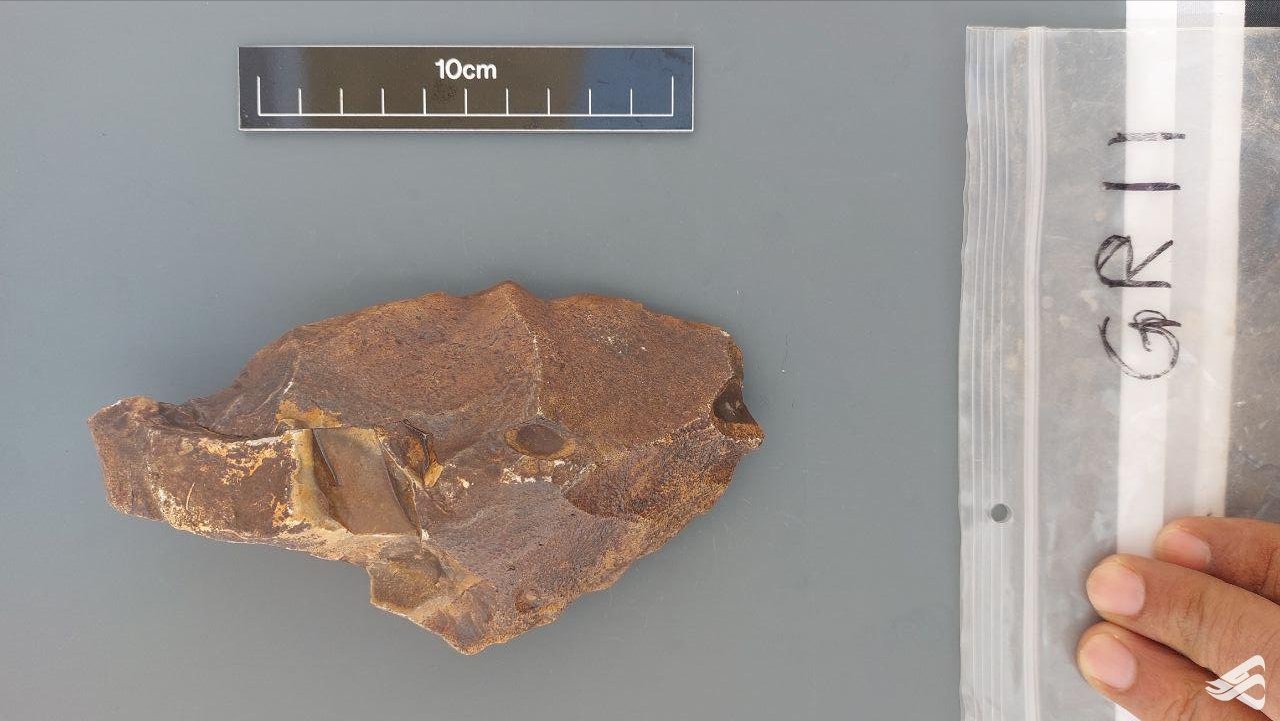
US Wins 'Unimpeded' Access To Papua New Guinea Military Bases

- 15-06-2023, 09:20
INA- sources
The US military can develop and operate out of bases in Papua New Guinea, according to a landmark security pact that is part of Washington's efforts to outflank China in the Pacific.
The full text of the deal was tabled in Papua New Guinea's parliament on Wednesday evening and obtained by AFP, shedding light on details that have been closely guarded since the pact was inked in May.
With Papua New Guinea's agreement, the United States will be able to station troops and vessels at six key ports and airports, including Lombrum Naval Base on Manus Island and facilities in the capital Port Moresby.
Washington would have "unimpeded access" to the sites to "pre-position equipment, supplies and materiel", and have "exclusive use" of some base zones, where development and "construction activities" could be carried out.
The agreement opens the door to Washington establishing a new military footprint in the western Pacific, at a time of growing rivalry with Beijing.
Access to Lombrum could be used to reinforce US facilities on Guam to the north, which could be key in the event of a conflict over Taiwan.
Prime Minister James Marape has been forced to defend the deal against a wave of protests and criticism, with some opponents questioning whether Papua New Guinea was signing away its sovereignty.
"We have allowed our military to be eroded in the last 48 years," he told parliament on Wednesday evening.
Sovereignty is defined by the robustness and strength of your military."
Rich in natural resources and close to key shipping routes, Papua New Guinea increasingly finds itself at the centre of a diplomatic tug-of-war between Washington and Beijing.
Former prime minister Peter O'Neill said the agreement painted a target on Papua New Guinea's back.
America is doing it for the protection of their own national interest, we all understand the geopolitics happening within our region," he said.
US President Joe Biden had been due to visit Papua New Guinea to sign the deal last month, a trip that was derailed by a budget tussle in the US Congress.
Washington is trying to woo Pacific nations with an array of diplomatic and financial incentives in return for strategic support, after similar moves by Beijing.
Chinese firms have snapped up mines and ports across the Pacific, and last year inked a secretive security pact with nearby Solomon Islands that allows China to deploy troops to the country.
The United States fears that a Chinese military foothold in the South Pacific could outflank its facilities on Guam, and make the defence of Taiwan more complicated in the event of an invasion by mainland China.
Source: BARRON’S
Car bomb explosion in Manbij, Syria
- International
- 04:41
Technical glitch halts American Airlines flights on Christmas Eve
- International
- 04:38
US Central Command: We killed ISIS terrorist leader Abu Yusuf in Syria
- International
- 24/12/20
Liverpool compete with Real Madrid to sign Olympique Lyonnais star
- Security
- 24/12/19
Hackers exploiting Microsoft Teams to gain remote access to user’s system
- Multimedia
- 24/12/17
The discovery of Pre-Christian human settlement sites in Iraq
- Investigations and reports
- 24/12/18












